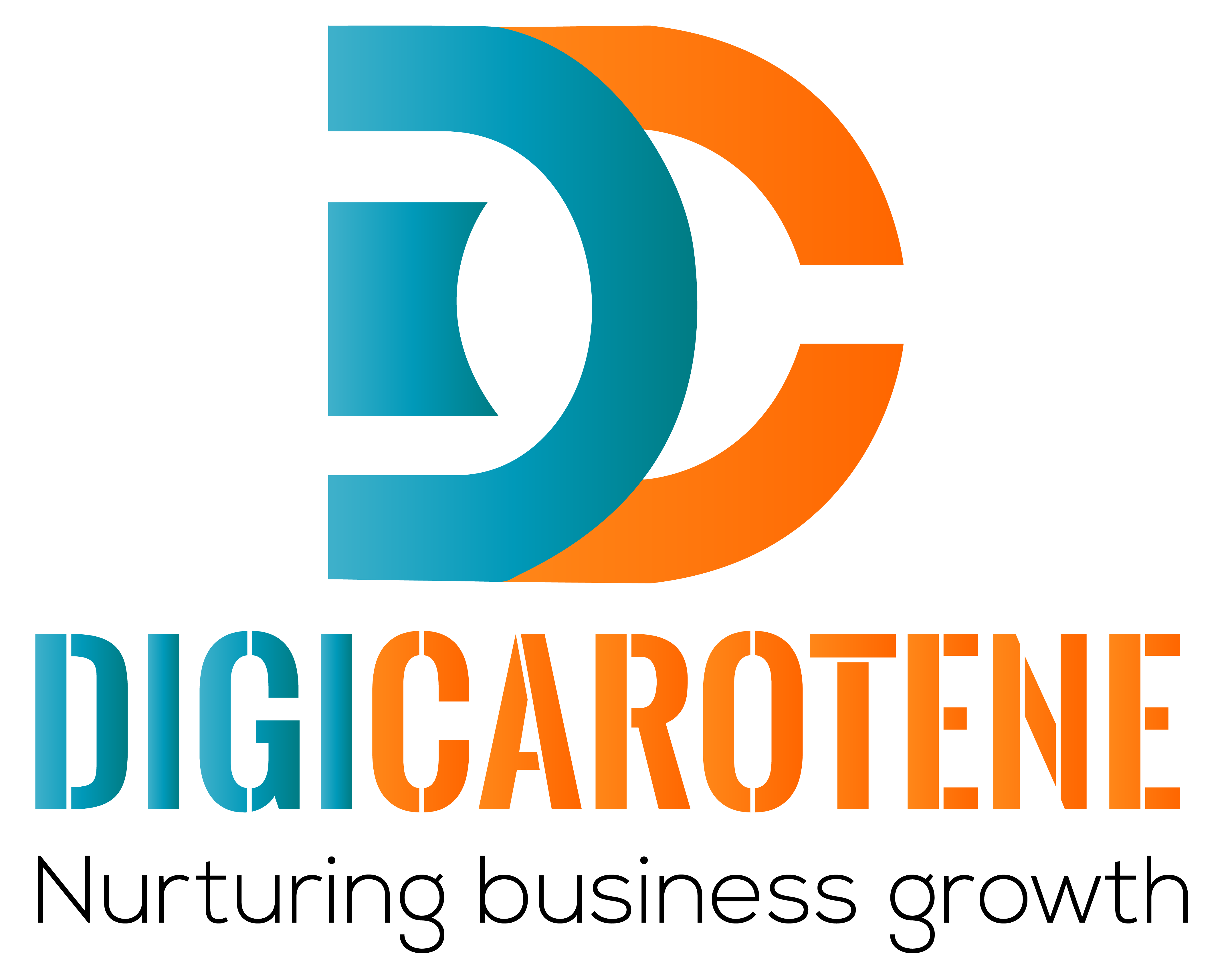The Evolution of Genius: How Generative AI Is Pushing the Boundaries of Marketing

Introduction
In the ever-evolving marketing landscape, staying ahead of the curve is essential for businesses looking to engage their audiences effectively. One of the latest advancements pushing the boundaries of marketing strategies is the goal-oriented generic AI. This groundbreaking technology is changing how marketers create content, ads, and customer experiences. In this blog, we’ll explore the evolution of Generative AI and its transformative impact on the marketing industry.
The Rise of Generative AI
Generative AI is a subset of artificial intelligence that focuses on creating content, whether it be text, images, or even music, that is indistinguishable from content created by humans. It utilizes deep learning models, like OpenAI’s GPT-3, to generate creative and contextually relevant content.
Generative AI has gained immense popularity in recent years due to its ability to automate content creation and its potential to revolutionize marketing strategies. Here’s how it’s pushing the boundaries of marketing:
Content Generation
One of the most significant impacts of Generative AI in marketing is content generation. Marketers have always faced the challenge of producing high-quality, engaging content consistently. Generative AI tools can help alleviate this burden by automatically generating a wide range of content, including blog posts, product descriptions, social media posts, and more.
For example, businesses can use Generative AI to create product descriptions that are not only informative but also compelling and unique. This automation saves time and resources while ensuring a constant stream of fresh content for marketing campaigns.
Personalized Marketing
Personalization is a key trend in modern marketing. Consumers expect tailored experiences, and Generative AI is making it easier for businesses to deliver on that expectation. AI algorithms analyze vast amounts of data to understand customer preferences and behaviors, enabling marketers to create highly personalized content and recommendations.
For instance, e-commerce platforms can use Generative AI to provide personalized product recommendations to individual customers based on their past purchases, browsing history, and demographic information. This level of personalization enhances the customer experience and increases the likelihood of conversion.
Natural Language Processing (NLP)
Generative AI, powered by Natural Language Processing (NLP), is capable of understanding and generating human-like text. This capability is revolutionizing content marketing and customer engagement. Chatbots and virtual assistants powered by NLP can provide real-time, personalized responses to customer inquiries and support requests, improving customer service and satisfaction.
NLP also plays a crucial role in sentiment analysis, allowing businesses to gain insights into customer opinions and emotions expressed in online reviews, social media posts, and other user-generated content. Marketers can use these insights to refine their messaging and product offerings.
Enhanced Creativity
Generative AI doesn’t just replicate human-generated content; it can also enhance creativity and ideation. Marketers can use AI-generated suggestions and ideas as a starting point for creative campaigns and content development.
For example, if a marketer is struggling to come up with a catchy slogan for a product launch, Generative AI can provide a range of creative suggestions that can be refined and adapted to suit the brand’s tone and objectives. This collaborative approach between AI and human creativity can lead to more innovative and effective marketing strategies.
Visual Content Generation
Generative AI is not limited to text-based content. It’s also making significant strides in visual content generation. AI can create high-quality images, graphics, and even videos, making it a valuable tool for visual marketing.
For instance, businesses can use AI to generate personalized images for email marketing campaigns, product catalogs, or social media posts. AI-powered design tools can quickly produce visually appealing content that aligns with brand guidelines and resonates with the target audience.
Improved SEO Strategies
Search engine optimization (SEO) is a critical aspect of digital marketing, and Generative AI is contributing to its advancement. AI-powered tools can analyze search engine trends, keyword usage, and user behavior to help marketers optimize their content for search engines.
AI-generated content can also assist in creating meta descriptions, alt text for images, and SEO-friendly headlines, which are essential for improving search engine rankings and driving organic traffic to websites.
Streamlined Advertising Campaigns
Generative AI has the potential to streamline advertising campaigns by automating ad copywriting and testing. Marketers can use AI-generated ad variations to quickly test different messaging, headlines, and visuals to determine which combinations yield the best results.
This data-driven approach to advertising optimization can save both time and advertising budget, ensuring that marketing efforts are focused on what works best.
Multilingual Marketing
The global reach of the internet has made multilingual marketing a necessity for many businesses. Generative AI can simplify the process of translating and localizing content for international audiences.
AI-driven translation tools can provide accurate and contextually relevant translations in multiple languages, ensuring that businesses can effectively reach and engage diverse audiences around the world.
Conclusion
Generative AI is a game-changer in the marketing industry, pushing the boundaries of what’s possible in content creation, personalization, and customer engagement. Its ability to generate content, analyze data, enhance creativity, and streamline marketing processes makes it an invaluable tool for businesses looking to stay competitive in the digital landscape.
However, while Generative AI offers tremendous potential, marketers need to use it ethically and responsibly. Balancing the benefits of automation and AI-driven content creation with the need for human oversight, creativity, and brand authenticity is key to successful implementation.
As Generative AI continues to evolve, its impact on marketing will only grow, allowing businesses to create more engaging and personalized experiences for their customers and drive better results in an increasingly competitive marketplace.

